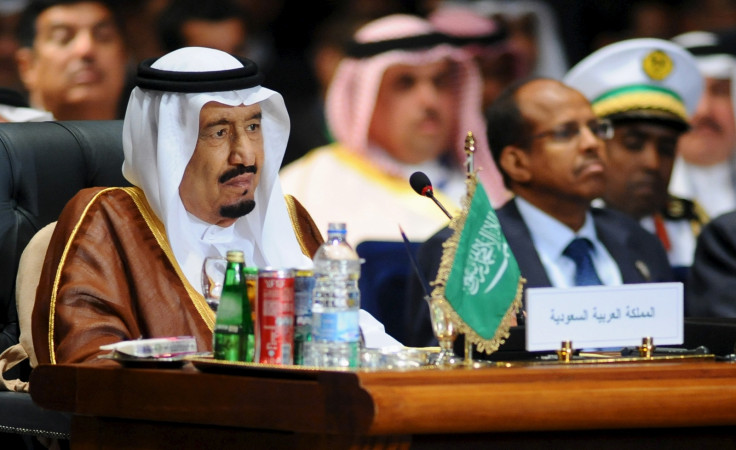WikiLeaks: Saudi Arabia obsessed with curbing Iranian influence

Saudi Arabia has spent billions of dollars in recent years in an effort to undermine arch rival Shia Iran and promote its own brand of strict Sunni Islam around the world, leaked diplomatic cables have revealed.
The documents, released by WikiLeaks and seen by the New York Times, show a near obsession with Iranian activities, with Saudi diplomats in Africa, Asia and Europe reporting back on every development in Tehran in minute detail.
The report comes on the heels of the historic nuclear deal Iran signed with world powers earlier this week.
One document from 2012 shows diplomats from across Africa were ordered to report on Iranian activities in the continent, with the Saudi ambassador to Uganda later sending out a cable on "Shiite expansion" in the country.
Another cable from Mali warned Iranian influence was spreading among Muslims in the country, who were not aware of "the truth of the extremist, racist Shiite ideology that goes against all other Islamic schools".
The documents, which did not reveal any Saudi support for militant activity, also showcased the extent to which foreign preachers were funded by Riyadh to spread its own version of Sunni Islam.
Some of the most expensive projects were in India, which is viewed by Saudi officials as a sectarian battleground, NYT said.
"We are talking about thousands and thousands of activist organisations and preachers who are in the Saudi sphere of influence because they are directly or indirectly funded by them," Usama Hasan, a senior researcher in Islamic studies at the Quilliam Foundation in London, was quoted as saying.
"It has been a huge factor, and the Saudi influence is undeniable."
Officials in Riyadh claimed some of the leaked documents were fabricated when they were originally released by WikiLeaks in June, but NYT said it had independently verified the authenticity of many of the cables.
© Copyright IBTimes 2024. All rights reserved.






